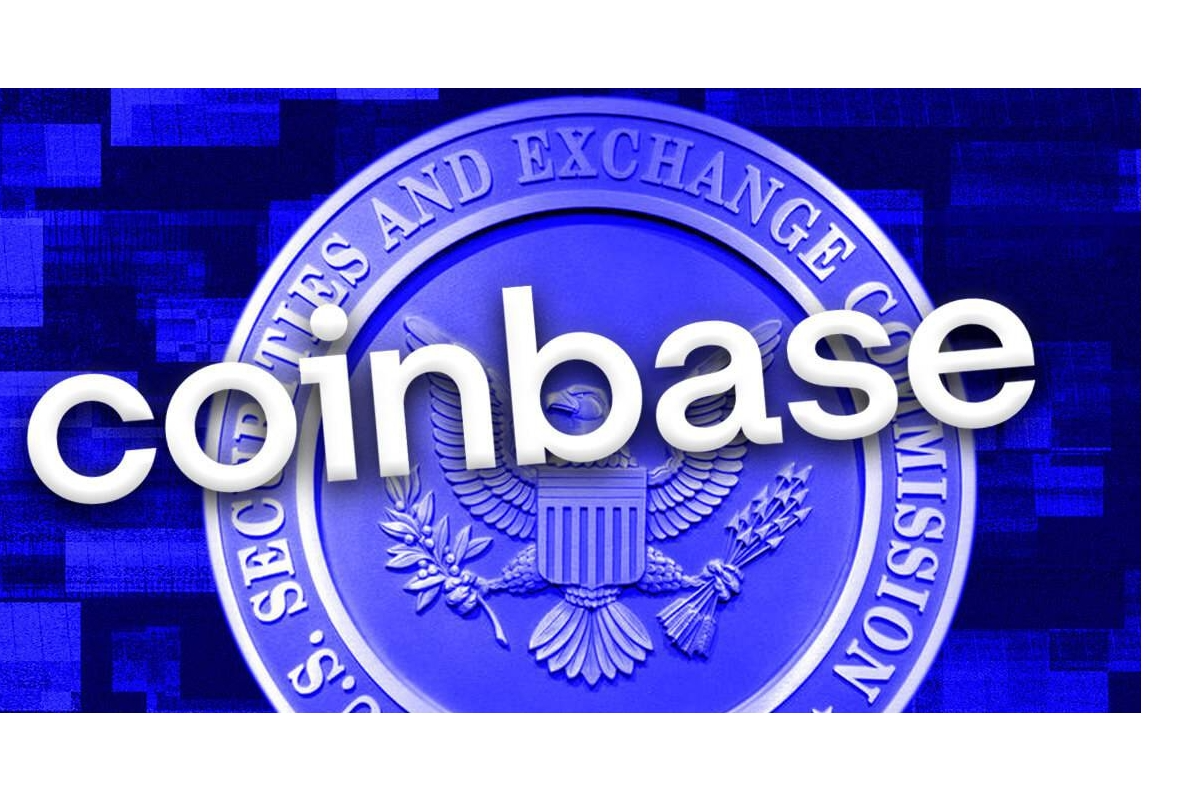2024-04-07

In a major legal development, the US Court of Appeals for the Second Circuit has issued a comprehensive ruling on a contentious lawsuit involving popular crypto exchange, Coinbase. The lawsuit, brought forth by plaintiffs Louis Oberlander, Christopher Underwood, and Henry Rodriguez, centered around allegations of violations of federal and state securities laws related to the trading of specific cryptocurrencies on Coinbase.
The plaintiffs asserted federal claims under various sections of the Securities Act of 1933 and the Securities Exchange Act of 1934, as well as state law claims under the securities laws of California, Florida, and New Jersey. These claims were filed on behalf of a nationwide class of individuals who bought or sold tokens on Coinbase's platforms between October 8, 2019, and March 11, 2022.
The main point of contention was whether the cryptocurrencies traded on Coinbase's platform should be considered securities under federal and state laws. The plaintiffs argued that Coinbase's actions constituted the offering and selling of unregistered securities, along with alleged violations of securities laws.
On the other hand, Coinbase contended that secondary sales of crypto-assets should not be classified as securities transactions and questioned the applicability of securities regulations. The Court of Appeals' ruling addressed various aspects of the case and ultimately upheld certain portions of the lower court's judgment while reversing others.
Importantly, the court held that Coinbase could be held liable for the offer and sale of unregistered securities under Section 12(a)(1) of the Securities Act. However, it dismissed the plaintiffs' claims under the Securities Exchange Act due to insufficient evidence of transaction-specific contracts required for rescission.
A crucial factor in the court's decision was the interpretation of Coinbase's user agreements, which underwent revisions over time. The different versions of the user agreement complicated the determination of title and privity issues essential to the case. The court emphasized the need for clarity regarding which version of the user agreement applied to the plaintiffs' claims and highlighted discrepancies that hindered a definitive resolution.
From the plaintiffs' perspective, the ruling signifies progress in holding cryptocurrency platforms accountable under securities laws and advocates for investor protection in the ever-evolving crypto landscape. Conversely, Coinbase maintains that the decision confirms its position that secondary sales of cryptocurrencies do not fall under securities transactions.
Coinbase further emphasizes the significance of regulatory certainty to foster industry innovation. The Court of Appeals' decision carries substantial implications for the regulation of cryptocurrencies and digital assets.
In response to the ruling, Coinbase's Chief Legal Officer, Paul Grewal, expressed appreciation for the court's decision. He stated, "We appreciate the Second Circuit confirming today what is clear under federal securities law: there's no private liability for the secondary trading of digital assets on exchanges like Coinbase. Why? Because contracts matter."